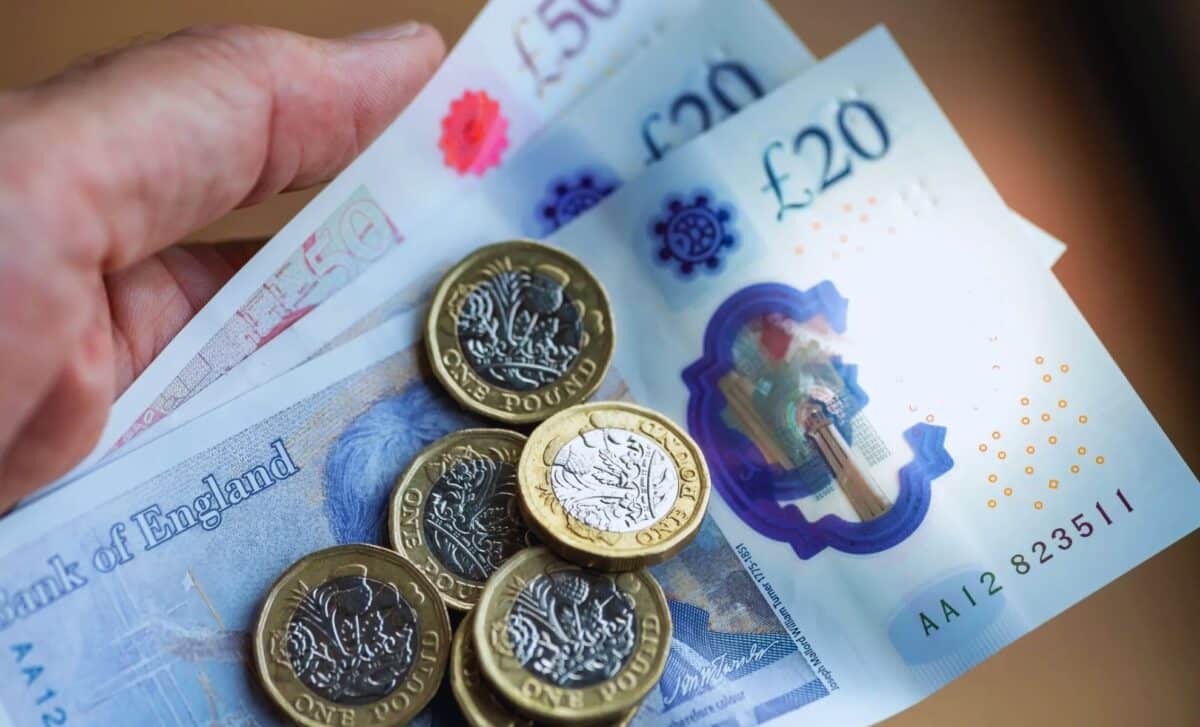Payments from the Department for Work and Pensions and HMRC will be issued earlier for many UK claimants this April. The shift affects those expecting income on Good Friday or Easter Monday, with funds landing in accounts ahead of schedule.
As Easter approaches, thousands of households receiving benefits will see changes to their payment schedules. The upcoming bank holidays on 18 and 21 April 2025 are prompting government departments to alter the usual disbursement timeline.
This adjustment affects a wide range of support payments, including Universal Credit, State Pension, and Child Benefit, among others. According to official guidance, impacted claimants should receive their money on Thursday 17 April, instead of the public holiday.
Adjusted Payment Schedule Due to April Bank Holidays
Recipients whose payments are typically due on either Good Friday (18 April) or Easter Monday (21 April) will receive them early, on Thursday 17 April 2025. According to the Department for Work and Pensions (DWP) and HM Revenue and Customs (HMRC), this applies to both regular and one-off payments.
The DWP has confirmed that the following benefits may be affected by the rescheduling: Universal Credit, State Pension, Personal Independence Payment (PIP), Carer’s Allowance, Income Support, Employment Support Allowance (ESA), Jobseeker’s Allowance (JSA), Pension Credit, and Attendance Allowance.
Similarly, HMRC payments likely to be issued early include Child Benefit and Guardian’s Allowance. These benefits are often paid on fixed days which, when coinciding with a public holiday, are advanced to the last working day beforehand. Claimants are advised to check their bank accounts on 17 April to confirm receipt of funds.
Payments falling outside the two holiday dates will remain unaffected. According to the Daily Record, if the expected payment date does not coincide with a bank holiday, the payment will be made “as usual”.
Routine Disruption Part of Annual Scheduling Protocol
These date changes are part of a regular annual protocol that aligns benefit disbursements with the UK’s public holiday calendar. The Easter adjustment follows the same model applied during previous holidays, including Christmas, New Year, and August Bank Holiday periods.
While no action is required on the part of claimants, both departments encourage recipients to budget accordingly if their payments arrive earlier than expected. The early payment may lead to a longer wait before the next scheduled instalment, depending on each individual’s payment cycle.
This routine shift serves as a reminder for recipients to remain attentive to public holiday impacts on benefit disbursements and to plan their finances in advance.








